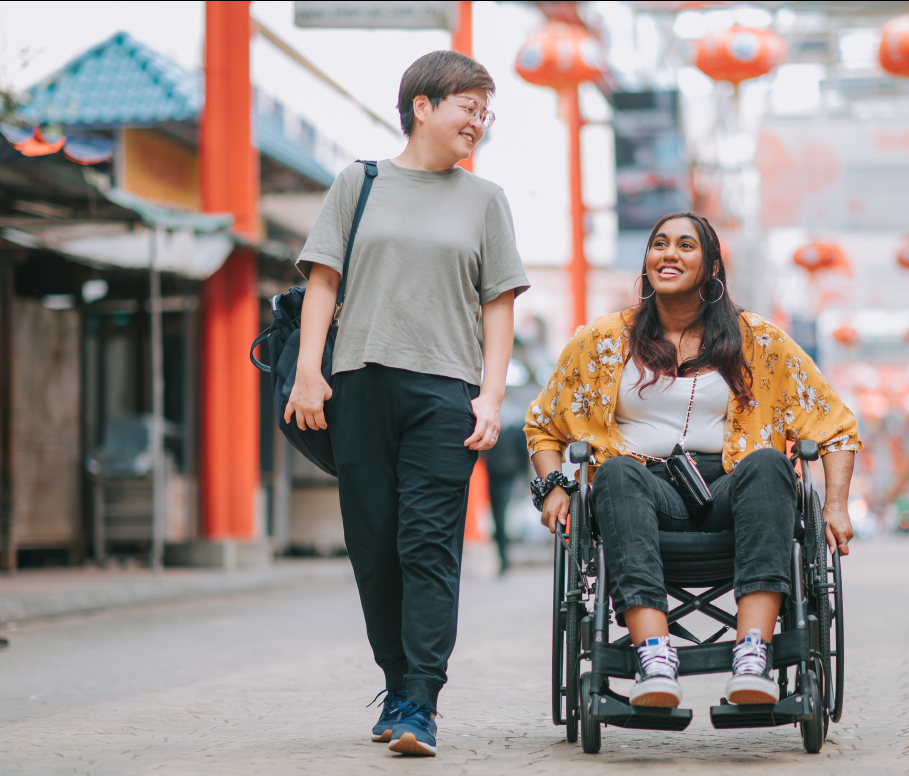This case study is based on an article published by the World Intellectual Property Organization. The original article can be found here.
WHO: Dr. Rory Cooper, founder and director of non-profit Human Engineering Research Laboratories (HERL).
THE CHALLENGE: There are more than one billion people on earth with disabilities, according to the World Health Organization. While technology has come a long way, significant opportunities for innovation remain to help those with disabilities at home and work.
Individuals with mobility issues can be subject to pressure injuries from being in one position too long. As Dr. Cooper notes, these injuries can be “tremendous problems for individuals with mobility and sensation impairments, harming independence, quality of life and [can cost] over $50,000 for treatment.” Additionally, the Pew Research Center notes that those with disabilities have unequal access to technology – suggesting a continued need to solve for disparities with this population.
THE OPPORTUNITY: Dr. Cooper, who is a Paralympian, marathon racer, veteran, engineer and inventor, founded HERL and has invented to improve the lives of those with disabilities over the course of decades. He puts participatory action design and engineering at the center of his non-profit organization. This means people with disabilities are engaged throughout the process – from idea to invention. He is responsible for producing dozens of patented wheelchair technologies already, with future inventions – and intellectual property (IP) – to come.
Dr. Cooper and team have leveraged many aspects of the IP ecosystem to build and share their inventions. For example, Dr. Cooper patented and then shared an invention for the manual wheelchair that addressed a common issue with the cross brace (what allows it to collapse), to help others access and use the technology worldwide. He also invented an ergonomic wheelchair push rim and leveraged IP protections to be among the first to commercialize such technology; this invention has reduced pain and injury among manual wheelchair users. And, Dr. Cooper and his team secured IP around their Virtual Seating Coach machine learning hardware and software, which enabled them to set up a licensing agreement with Permobil. This helped Permobil to integrate the technology into a product that helps manage the risk of wheelchair users developing pressure injuries or leg swelling.
Dr. Cooper is an IP advocate, who underscores its importance for any organization, noting that “intellectual property is critical to get inventions commercialized.” And “even a not-for-profit like HERL needs protection to ensure that our inventions eventually help people.” His work reminds us that innovation can achieve amazing things, and IP helps make innovations accessible to those who need it.
“Intellectual property is critical to get inventions commercialized…Even a not-for-profit like HERL needs protection to ensure that our inventions eventually help people.” – Dr. Rory Cooper


